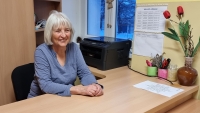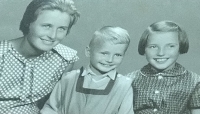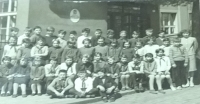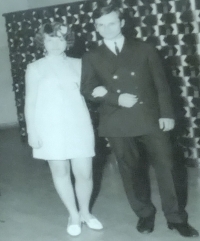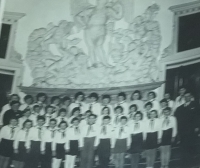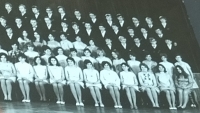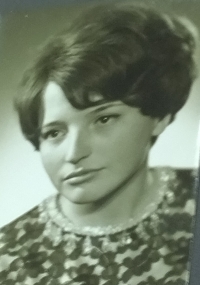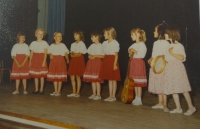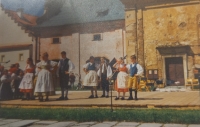We called ourselves the Dubček family and we published a magazine called Mrak
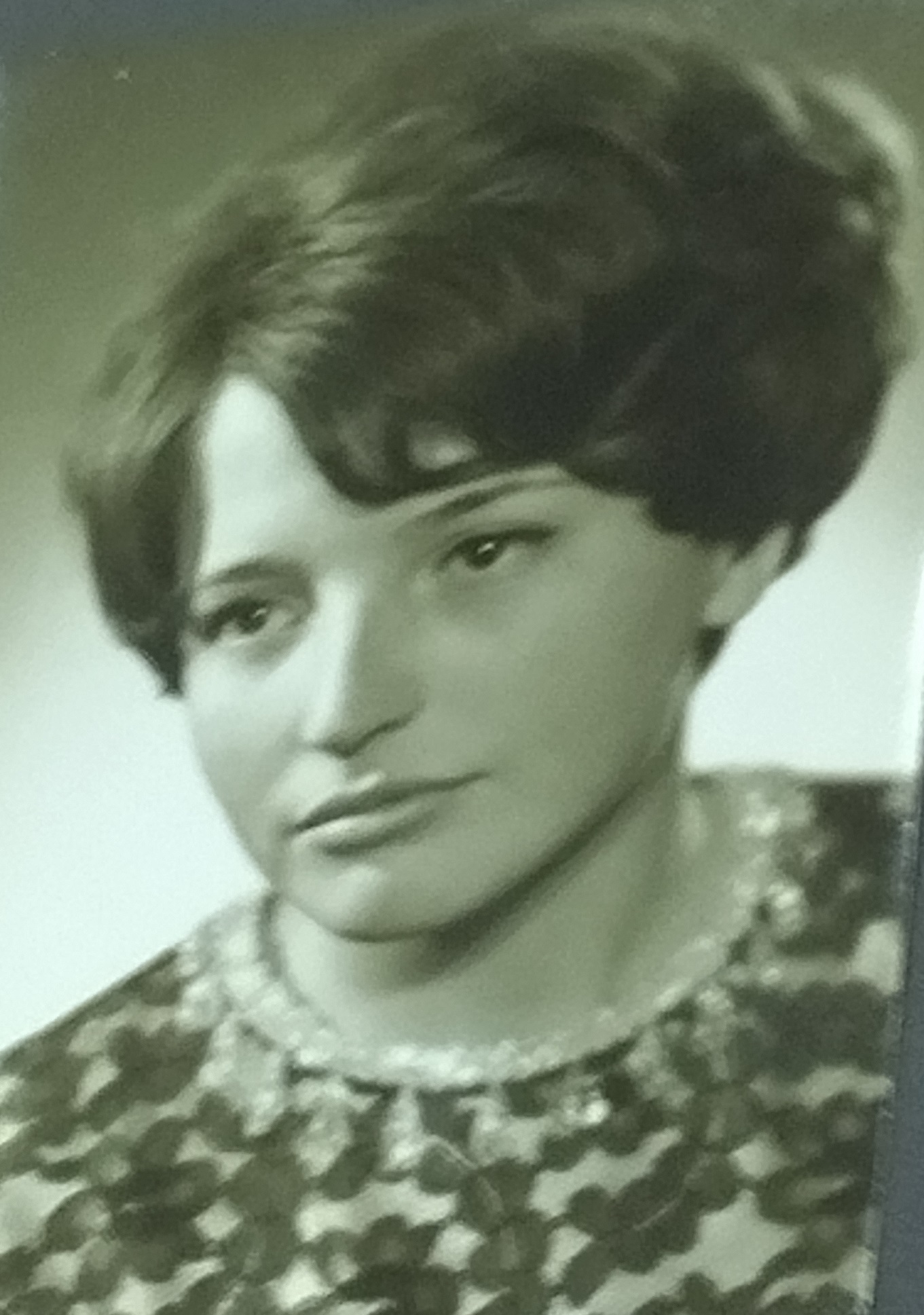
Download image
She was born on 21 April 1952 in Lovosice. She came from a working-class family, from childhood she attended recitation and singing groups. She graduated from the secondary school of general education, where she edited the school magazine Mrak before the August occupation. After finishing high school, she completed a two-year social-legal extension course in Žatec. She then began working as a clerk at the National Council in Cheb and later at the National Committee in Mariánské Lázně. In Vlkovice, where she lived, she founded a library and became the chronicler of the village. Since 1978 she worked as a leader of the pioneer section of the Socialist Youth Union (SSM) and a first grade teacher. Before the revolution, she completed her education by graduating from the Faculty of Education at Charles University. She became the director of the Municipal House of Pioneers and Youth in Teplá and after the Velvet Revolution she founded the Bájo singing group. This later transformed into the folklore ensemble Stázka, with which they won several competitions and also the title of laureate of the Strážnice Folklore Festival. Since 1997 she has been working at the elementary School in Teplá, first as a teacher and now as a teaching assistant in the preparatory class. In 2023 she lived in Teplá.
